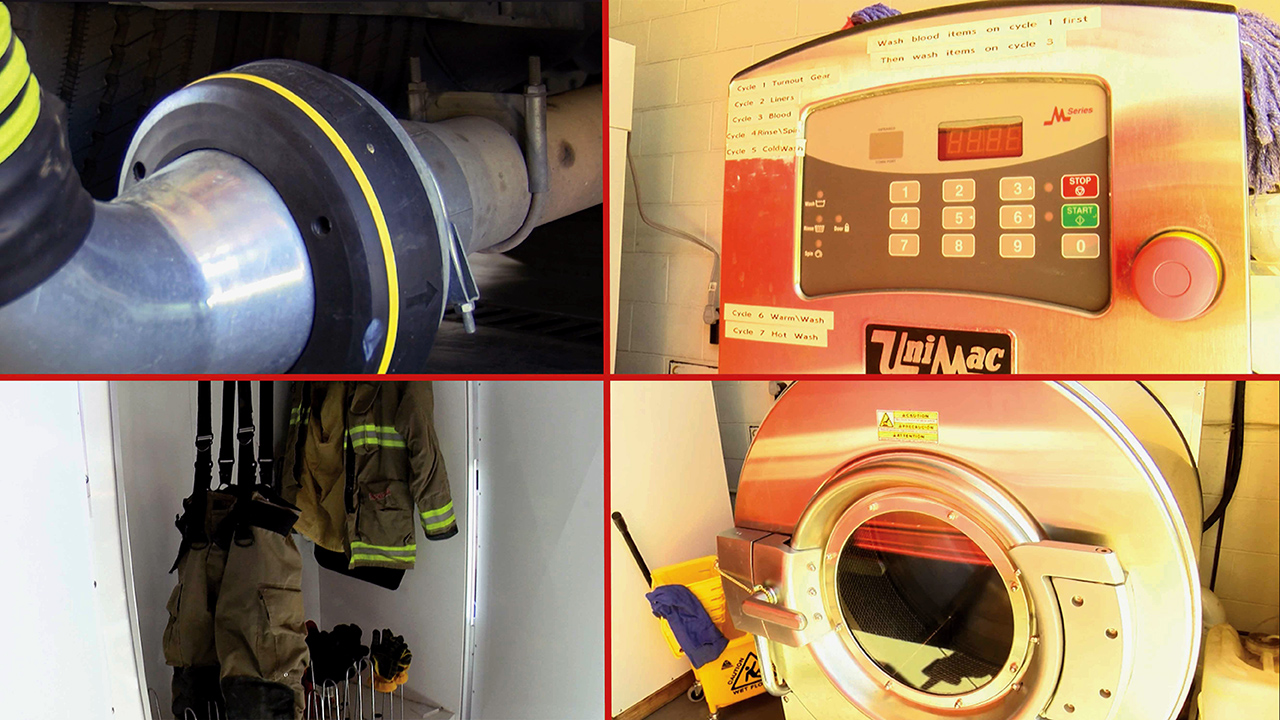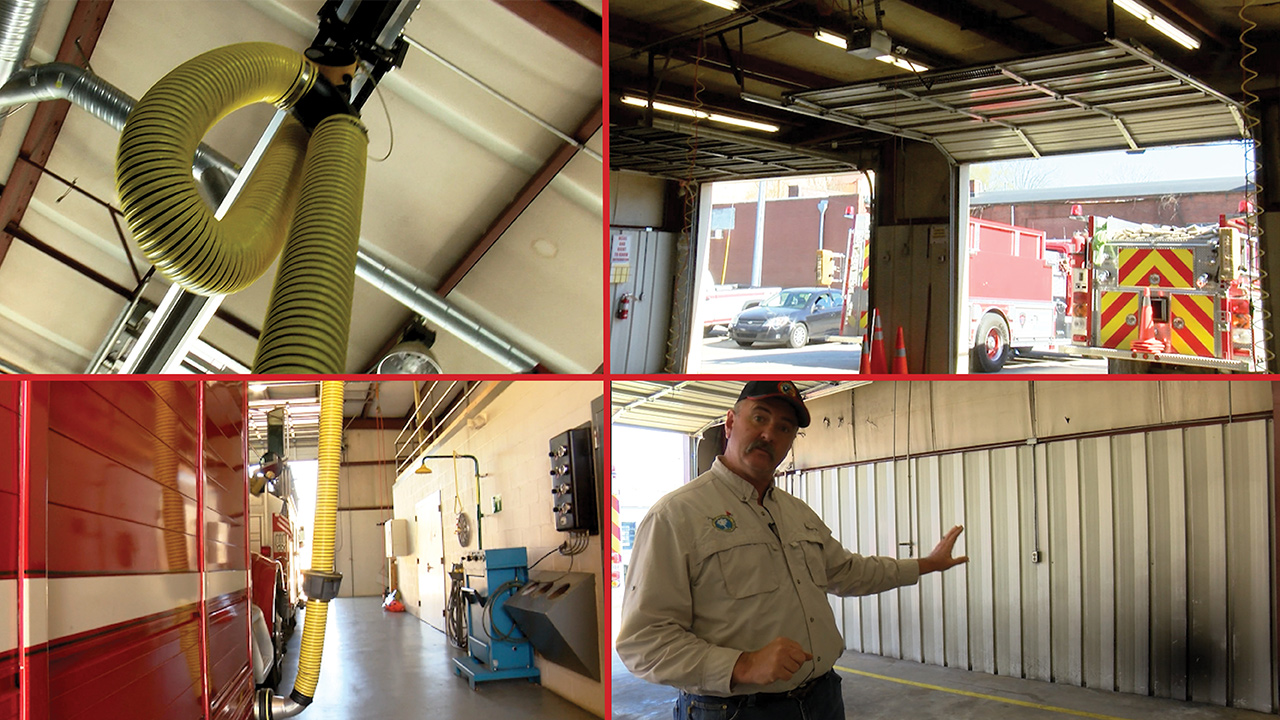Firefighters face everything from raging fires to falling structures, but professional and volunteer firefighters who put their lives on the line say they shouldn’t have to worry about health care.
That’s why firefighters across South Carolina gathered at the State House for the annual 2019 Firefighters Legislative Day. They are backing legislation that would help pay for health expenses related to occupational cancer and other problems including post-traumatic stress syndrome that they may suffer on the job.
Newberry Fire Chief Keith Minick says these laws are vital to firefighters.
“The health issues of firefighters across paid and career volunteers is a concern for us and making sure that our volunteers have some sort of supplemental health insurance,” Minick said.
He said career and volunteer firefighters must be able to take care of themselves and their families.
South Carolina is one of only six states that does not have a presumption cancer law, which means cancer is not considered an occupational disease in South Carolina. Firefighters do not receive medical coverage or workers compensation if they do get cancer while on the job.
According to the International Association of Firefighters, cancer is currently the leading cause of death for firefighters nationwide.
Volunteer firefighters are at an even greater disadvantage when it comes to healthcare because they do not receive the same health coverage as career firefighters. Officials say that 80 percent of firefighters are volunteers in South Carolina. This is especially concerning to smaller towns like Newberry where volunteers make up the county as a whole.
“It is a challenge for us, especially in the volunteer world, that these men and women are doing it for free,” Minick said.”To be able to come out here and get the training necessary and know that they’re performing in a professional environment that has a high risk of dangers, not only of firefighting or the hazmat.”
Minick believes it is imperative that insurance legislation deal with occupational health concerns.
Retired Newberry City Fire Chief Joe H. Palmer said volunteer firefighters have to respond to all sorts of emergencies across South Carolina but their departments aren’t financially able to offer the latest equipment and technology.
The condition of a firefighter’s gear is crucial. Some departments are not able to offer the most effective gear, or struggle to keep existing gear in peak condition.
“Many volunteer systems around this state don’t have that luxury,” said Palmer. “They don’t have the finances available, or the ability to have manpower to stay there with that gear and wash it and clean it.”
Because of environments firefighters encounter, protective gear becomes coated with toxic chemicals while fighting fires through the burning of products during the combustion process. Firefighters are absorbing these toxins because of skin contact through their gear.
To fight this, firefighters have gear washing systems to remove some of those carcinogens. The trucks also have sole source exhaust systems that are hooked to the firetruck and ventilated to minimize exhaust that might come into the building.
Technology like this, along with an extra set of gear and headgear, offer firefighters some protection to them and their families if they do get cancer while on the job – but not every fire station has these resources.
“In South Carolina, two-thirds of the departments that exist are all volunteer and don’t a lot of times have the luxury of being able to afford nice effective exhaust removal systems,” Palmer said.
Usually, fire departments that have sleeping quarters are awarded exhaust systems to prevent those carcinogens from getting into the living spaces, but Palmer says a fire station that has received grants for exhaust systems and gear washers, versus a volunteer fire station that has not, has a major impact.
“This may be just one example of problems that firefighters have but just take a look at the wall of what.. smoke exhaust from a fire truck can do to the building which many volunteer firefighters around this state have to operate. Now imagine if that same material, that same soot, that same product were on you or on your clothes or you were having to breathe it.”
Many firefighters are now informed through education, engineering and enforcement, but many like Palmer, who served over three decades, did not know the risks.
“I could remember after 33 years of doing this many times going home and being around my family and they making comments about how I smelled when I came home from that fire, how much smoke was still on my clothing and at the time it really didn’t register with us,” Palmer said. “But what we were doing was again we were cross-contaminating that environment, exposing our families to those carcinogens that we had on our clothing or that we had on our skin.”
According to state statistics, the number of volunteer firefighters has decreased between 15 and 20 percent over the last 15 years in South Carolina.
To rid cancer causing carcinogens many fire departments now use sole source exhaust systems and gear washing and drying systems.
Retired Newberry City Fire Chief Joe H. Palmer shows the difference between a fire department that has an exhaust system and gear washer and dryer versus a volunteer department that doesn’t.



